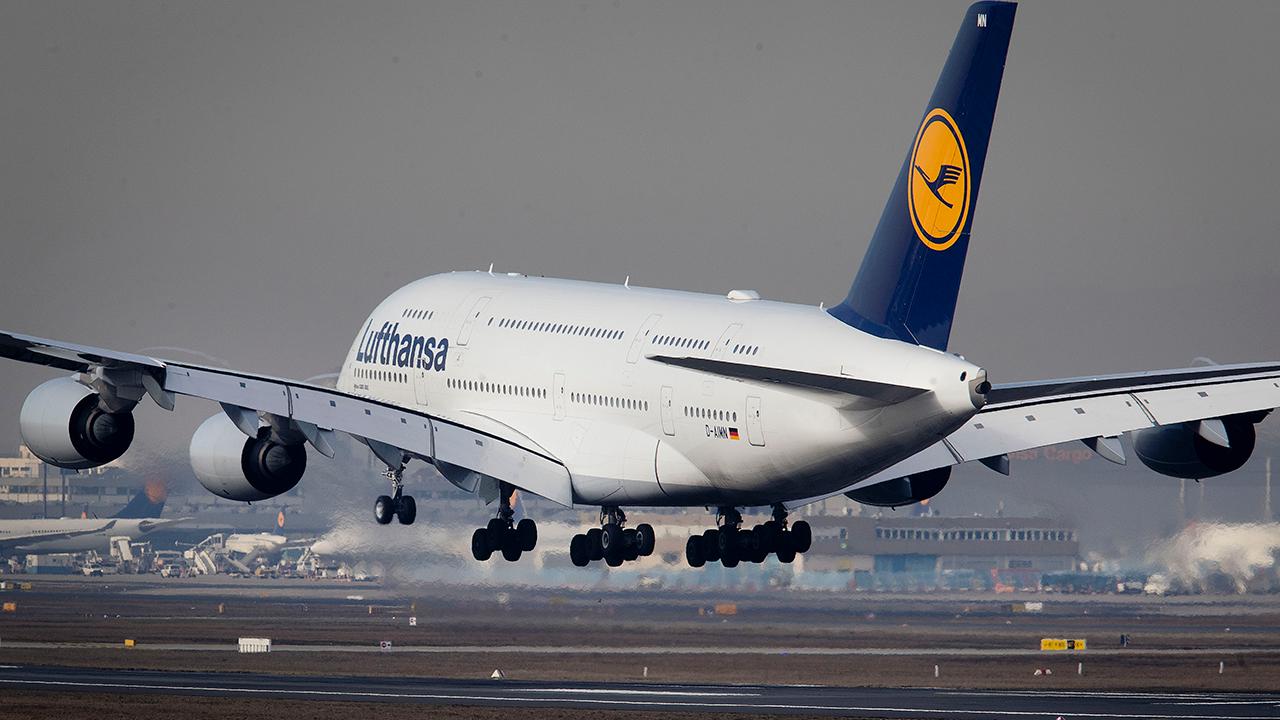Airbus ending A380 superjumbo production, marking end of an era
It’s the end of an era for the world’s largest passenger jet.
Airbus announced on Thursday that it would end production of its A380 superjumbo jetliner, citing Emirates Airlines’ decision to reduce its A380 orderbook to 123 aircraft from 162 and a lack of demand with other air carriers. The Dubai-based airline operates the largest fleet of A380 aircraft.
“As a result of this decision we have no substantial A380 backlog and hence no basis to sustain production,” Airbus CEO Tom Enders said in a statement.
The last delivery of the jet is scheduled for 2021.
It’s been just more than a decade since the A380 first took to the skies, and it wasn’t exactly an easy takeoff. From the start, the aircraft was plagued by production delays and cost overruns, while airports were forced to upgrade their infrastructures – adjusting terminals, runways and taxiways – to accommodate the gigantic airplane. For comparison, the A380 seats more than 500 in a typical configuration (and can fit more than 800 maximum), while Boeing’s 747-800 seats a maximum of 467. The wingspan of the Airbus jet is about 40 feet longer than the 747-800.
Ending production of the A380 is likely to affect up to 3,500 jobs over the next three years and has cost the company more than $500 million in losses in 2018. Still, Airbus said it will continue to “fully support” the A380 operators.
CLICK HERE TO GET THE FOX BUSINESS APP
“Today’s announcement is painful for us and the A380 communities worldwide,” Enders said. “But, keep in mind that A380s will still roam the skies for many years to come.”
Airlines are opting for more efficient, twin engine aircraft like Airbus’ A330neo and A350, and Boeing’s 777 and 787 Dreamliners, to serve long-haul routes. Many carriers worldwide have retired the 747, known as the “Queen of the Skies,” from passenger service and instead getting more use as a freight aircraft.




















